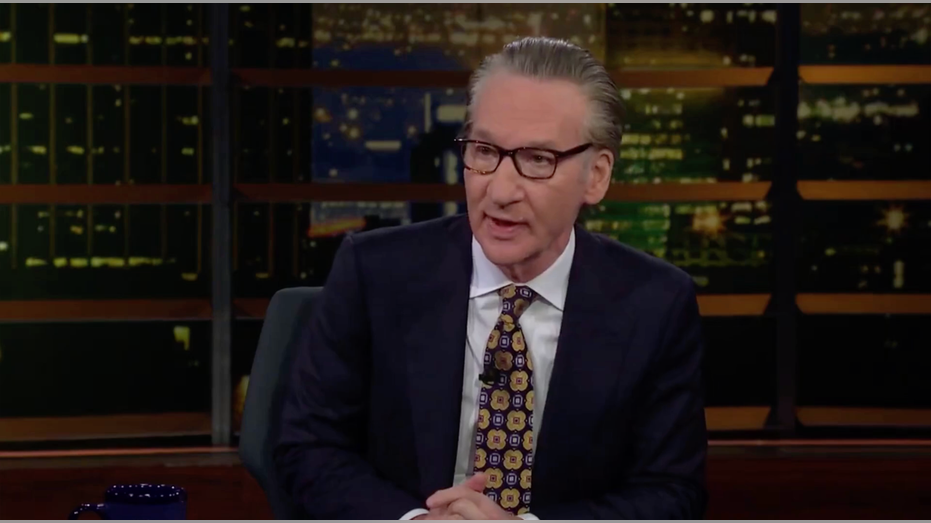
UPDATE: Bill Maher has just highlighted a significant divide within the Democratic Party following the election of Zohran Mamdani as New York City’s mayor on November 4, 2025. This victory underscores a growing rift as Democratic candidates in various states, including Virginia and New Jersey, faced contrasting messages from voters.
During a recent episode of his show, “Real Time,” Maher pointed out that Mamdani, a self-proclaimed Democratic socialist, garnered overwhelming support from voters under 30, reflecting a generational shift in political preferences. “I understand why people are angry about the economy, especially in New York,” Maher stated, emphasizing the urgency of economic discontent among young voters.
The election results mark a pivotal moment for the Democratic Party as it grapples with the implications of Mamdani’s victory. Maher remarked, “When you’re 30 years old, and you still have roommates? Yes, capitalism has failed you,” highlighting the struggles faced by many young Americans today. As ticket prices for mainstream activities soar, Maher questioned how capitalism could appear to thrive for some while leaving others behind.
In a striking contrast, Democratic winner Abigail Spanberger from Virginia recently declared, “We need to not ever use the word socialist or socialism ever again.” This statement points to the internal conflict within the party regarding the embrace of socialist rhetoric.
Maher further noted, “This guy seems to say he has balls, let’s see it,” challenging Mamdani to engage directly with him on national television. The late-night host’s remarks resonate with growing concerns among party members about the potential alienation of centrist voters.
Congressman Joe Moscowitz, also part of the discussion, drew parallels between Mamdani and former President Donald Trump, suggesting that both figures attract passionate support by challenging their respective party establishments. “Our wing of the party now is pissed,” Moscowitz declared, echoing sentiments of frustration among Democrats who feel sidelined.
As the Democratic Party navigates this tumultuous landscape, Maher’s warnings serve as a call to action. The implications of Mamdani’s election could reverberate through upcoming elections, potentially reshaping the party’s strategies and messaging.
With the political climate shifting rapidly, observers are urged to keep an eye on how these developments will influence future Democratic primaries and the party’s overall direction in addressing economic disparities.
Stay tuned for further updates as this story continues to unfold.





